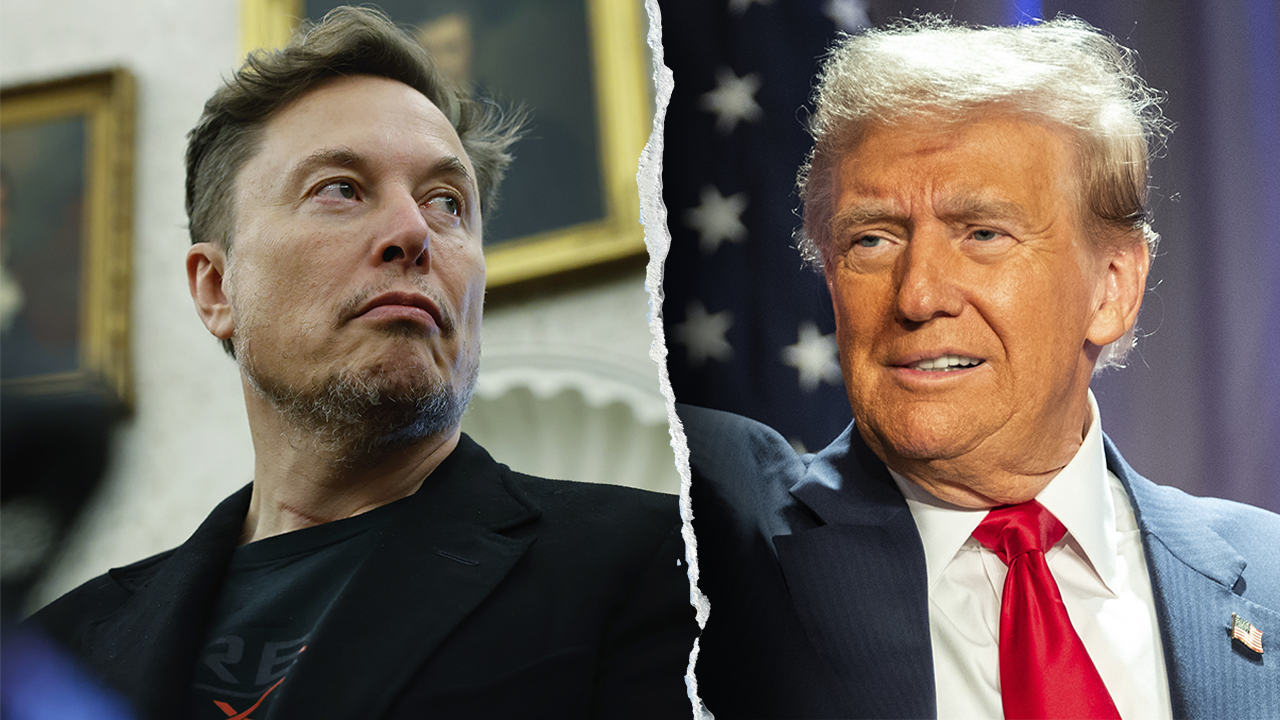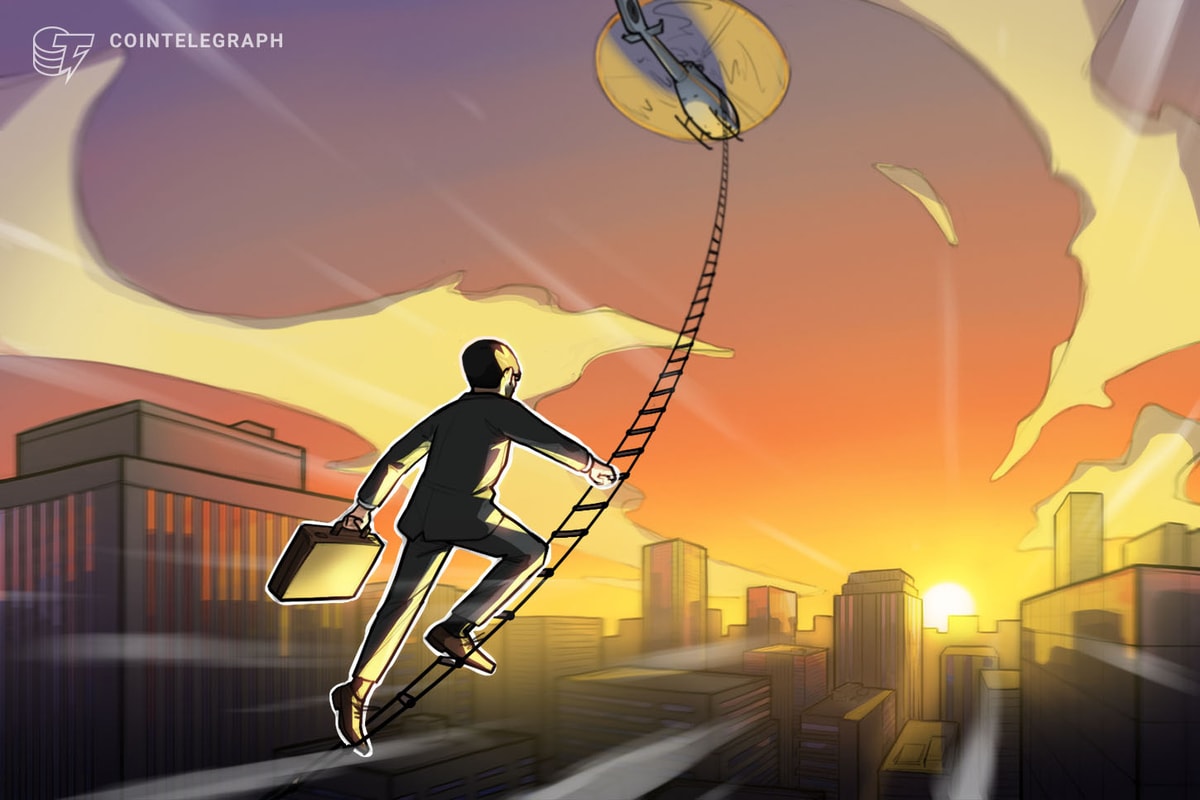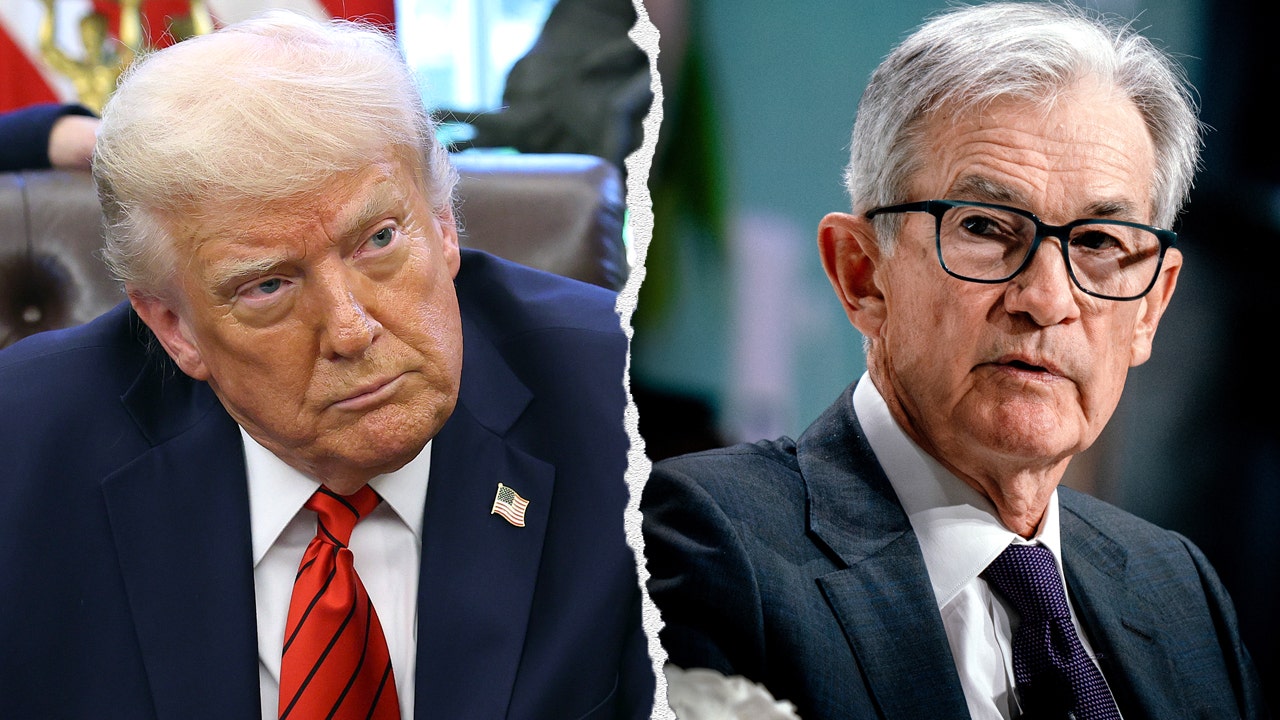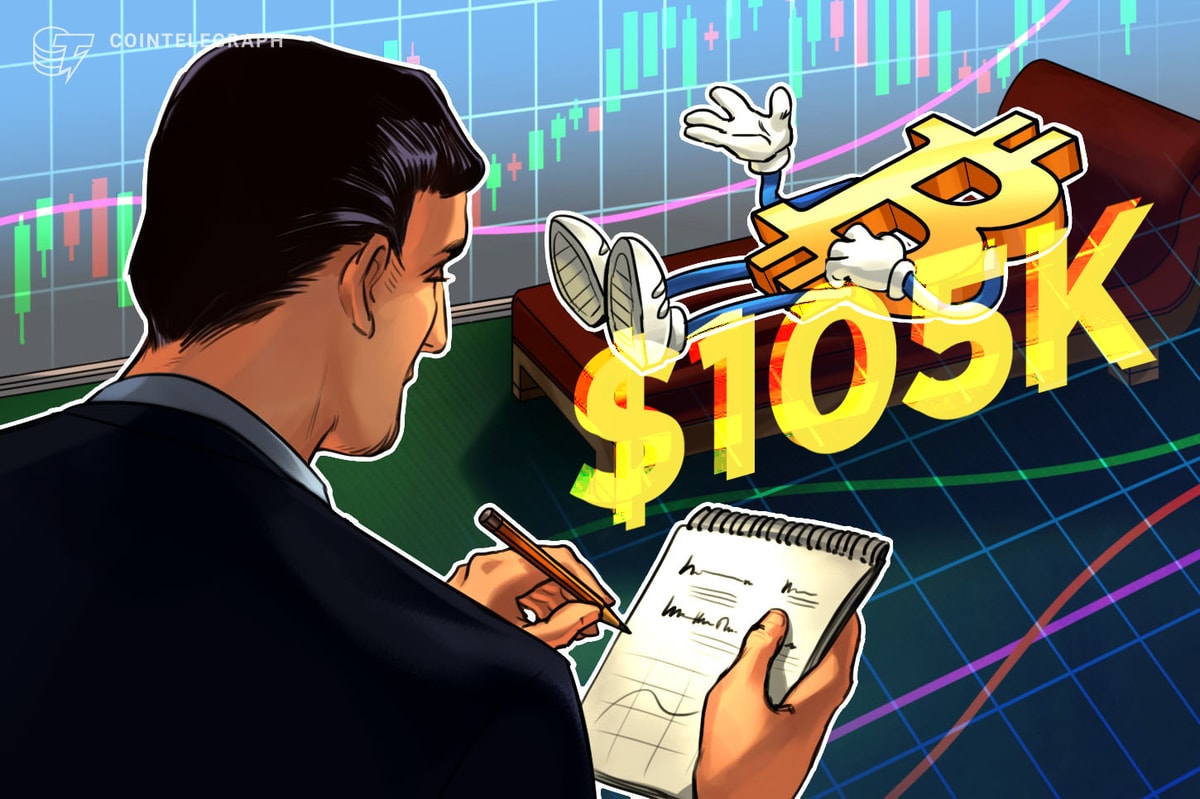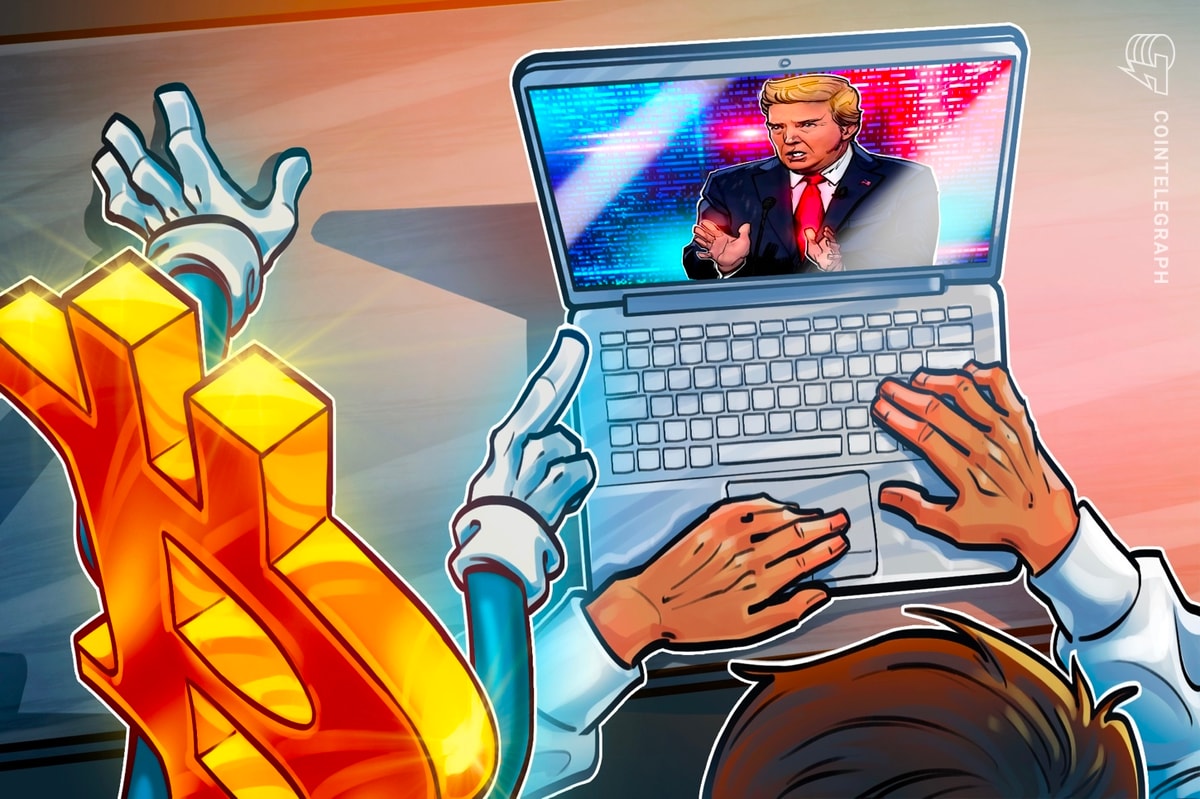The European Central Bank cut interest rates as expected on Thursday and kept all options on the table for its next meetings even as the case grows for a summer pause in its year-long easing cycle.
The ECB has now lowered borrowing costs eight times, or by 2 percentage points, since last June, seeking to prop up a euro zone economy that was struggling even before erratic U.S. economic and trade policies dealt it further blows.
With inflation now safely in line with its 2% target and the cut well-flagged, the focus has shifted to the ECB’s message about the path ahead, especially since at 2%, rates are now in the “neutral” range where they neither stimulate nor slow growth.
US ECONOMIC GROWTH FORECAST CUT SHARPLY DUE TO HIGHER TARIFFS
The central bank for the 20 countries that share the euro offered few hints in its statement, however, sticking to its mantra that decisions would be taken meeting-by-meeting and based on incoming data.
“The Governing Council is not pre-committing to a particular rate path,” the ECB said. “Interest rate decisions will be based on its assessment of the inflation outlook in light of the incoming economic and financial data, the dynamics of underlying inflation and the strength of monetary policy transmission.”
ECB President Christine Lagarde’s 1245 GMT news conference may offer more clues about the months ahead, with the bank’s most aggressive easing cycle since the 2008/2009 Global Financial Crisis expected to start winding down.
Investors are already pricing in a pause in July, and some conservative policymakers have advocated a break to give the ECB a chance to reassess how exceptional uncertainty and policy upheaval both at home and abroad will shift the outlook.
While ECB board member and chief hawk Isabel Schnabel has made explicit calls for a pause, others have been more cautious and Lagarde is likely to stick to language that leaves the ECB’s options open, as the outlook is prone to sudden changes.
TRUMP ADMIN SEEKS COUNTRIES’ BEST OFFERS AHEAD OF TARIFF DEADLINE
The case for a pause rests on the premise that the short- and medium-term prospects for the currency bloc differ greatly and may require different policy responses.
Inflation could dip in the short term – possibly even below the ECB’s target – but increased government spending and higher trade barriers may add to price pressures later.
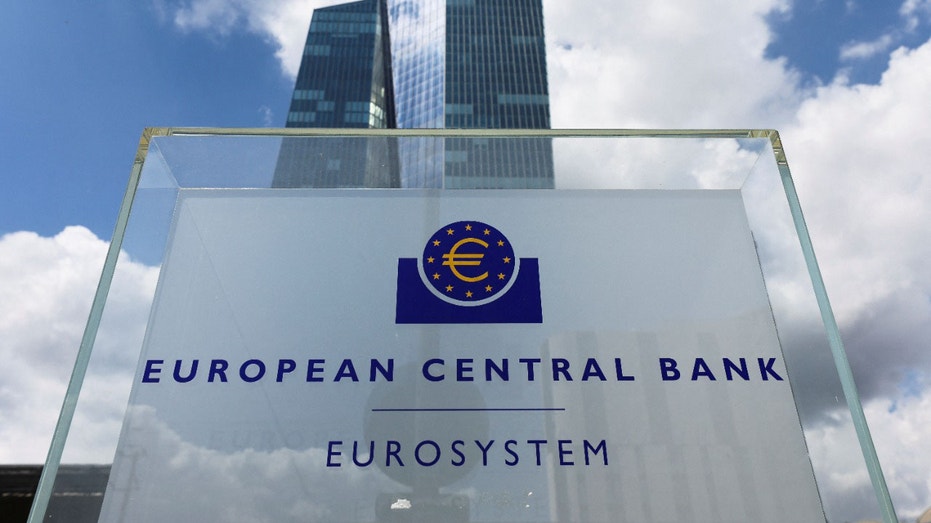
The added complication is that monetary policy impacts the economy with a 12-to-18 month lag, so support approved now could be giving help to a bloc that no longer needs it.
Investors still see at least one more rate cut later this year, however, and a small chance of another move later on, especially if U.S. President Donald Trump’s trade war intensifies.
DIVERGENT OUTLOOK
Acknowledging near-term weakness, the ECB cut its inflation projection for next year.
Trump’s tariffs are already damaging activity and will have a lasting impact even if an amicable resolution is found, given the hit to confidence and investment.

“A further escalation of trade tensions over the coming months would result in growth and inflation being below the baseline projections,” the ECB said. “By contrast, if trade tensions were resolved with a benign outcome, growth and, to a lesser extent, inflation would be higher than in the baseline projections.”
This sluggish growth, along with lower energy costs and a strong euro, will curb price pressures.
Indeed, most economists think inflation could fall below the ECB’s 2% target next year, triggering memories of the pre-pandemic decade when price growth persistently undershot 2%, even if projections show it back at target in 2027.
Further ahead, the outlook changes significantly.
The European Union is likely to retaliate against any permanent U.S. tariffs, raising the cost of international trade. Firms could meanwhile relocate some activity to avoid trade barriers but changes to corporate value chains are also likely to raise costs.
Higher European defense spending, particularly by Germany, and the cost of the green transition could add to inflation while a shrinking workforce due to an aging population will keep wage pressures elevated.
Read the full article here




